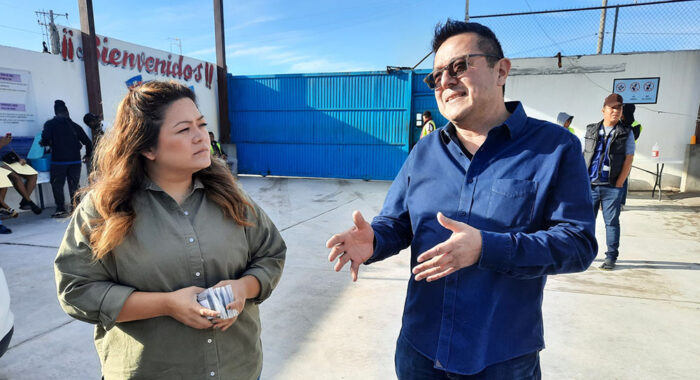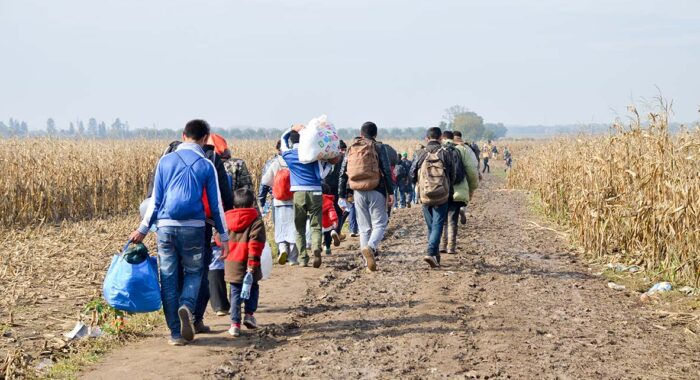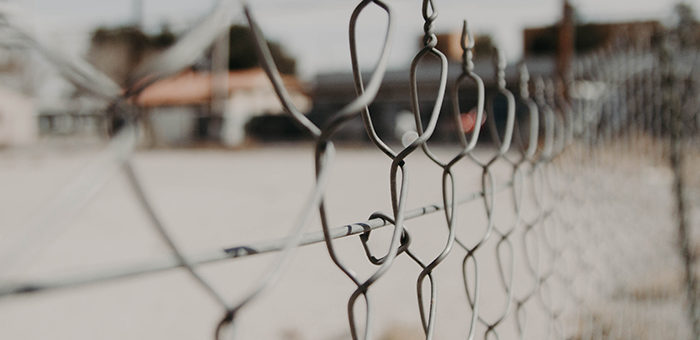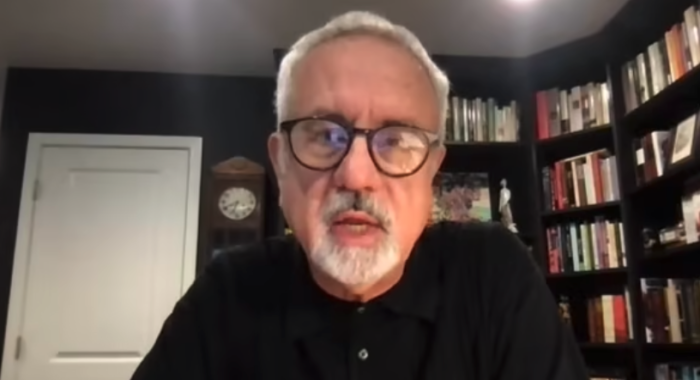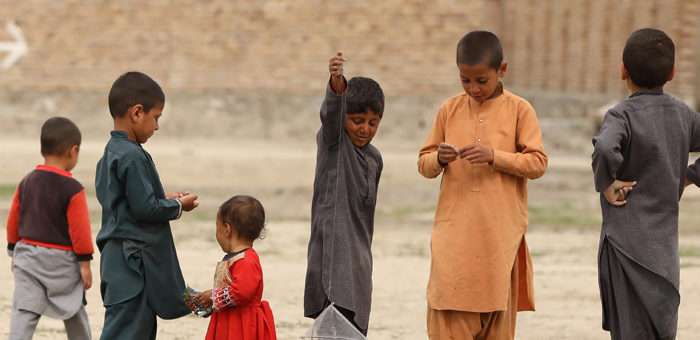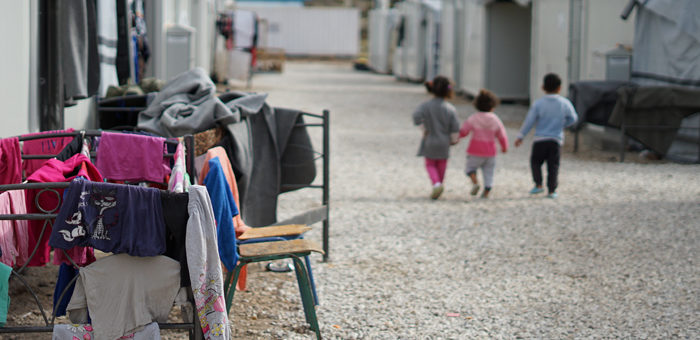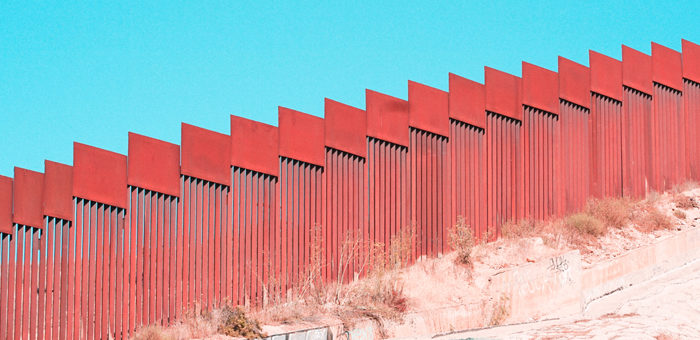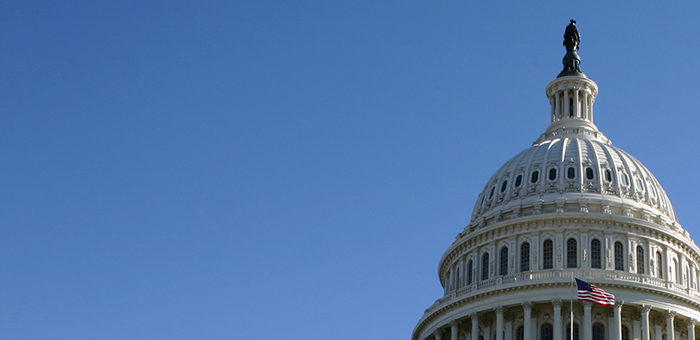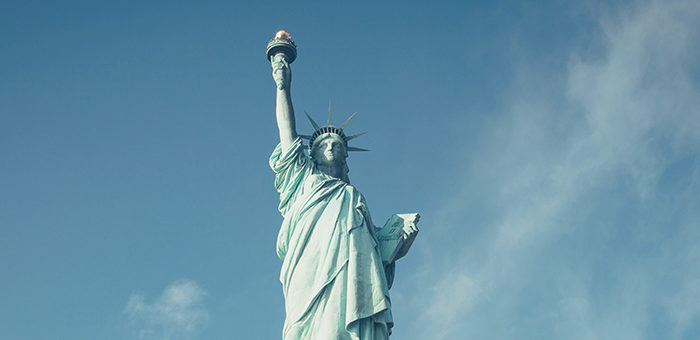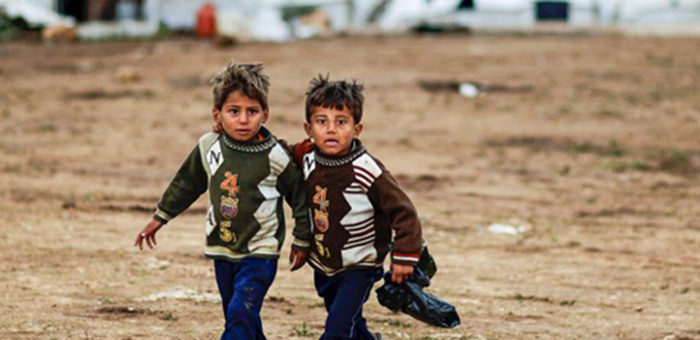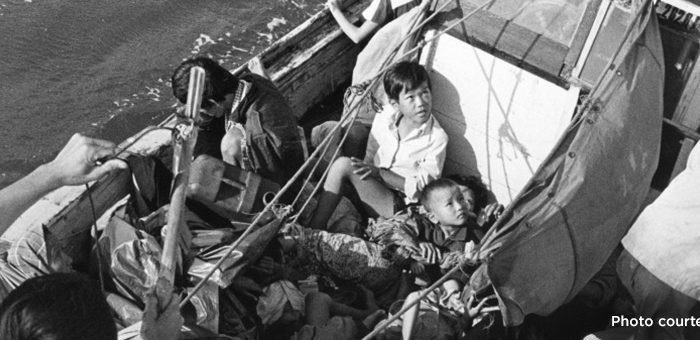Scott Arbeiter has been president of World Relief since August 2016. Prior to joining the World Relief staff, he served on its board for nearly a decade, including three years as board chair. His 17-year marketplace career included a variety of functions at Arthur Andersen and was named partner there. In 2001, Arbeiter resigned from the partnership to serve at Elmbrook Church in Milwaukee for 11 years, where he was senior associate pastor and then lead pastor. Arbeiter studied at the University of Wisconsin-Eau Claire.

Right now, there are 65 million forcibly displaced people worldwide. As Scott Arbeiter illustrates in Today’s Conversation, that number would include the population of 12 Midwestern states in America. But, the crisis feels far from our doorstep, and information about refugees in the media can be confusing.
In this podcast, you’ll hear Leith Anderson, NAE president, and Scott Arbeiter, World Relief president, discuss:
- How the U.S. refugee vetting process differs from European countries;
- Our country’s response to the refugee crisis thus far;
- Whether the United States should prioritize persecuted Christians who are refugees; and
- How reductions in refugees to the United States will affect our country for years to come.
Read a Portion of the Transcript
Leith: As far as Christians are concerned — and particularly evangelical Christians in America — there’s fear. Some people are just afraid, and fear is shaping what their attitude is towards refugees as well as their interpretation of Scripture. So what’s your take on the role of fear in our country right now over this?
Scott: Well, I think there are probably a couple of factors. One is that it’s a frightening world, and there are reasons that we should be certainly alert. But as believers I don’t think fear is ever our best instinct, and I don’t think it’s what God gives us. We understand that he’s given us not a spirit of fear but of power, and love, and of a sound mind. We ought to operate out of that even as we recognize we need to be diligent.
But I think what really helps me most is that so many Scriptures go back and tell us that we, in fact, should enter into an open-hearted view towards the stranger and the suffering. And I think about Philippians 2 where it says of Jesus; first, it instructs us, let the mind or the attitude that’s in Jesus be in you who though he knew that he was the son of God he did not use that for his advantage yet he humbled himself as a servant even to the point of death, death on a cross.
So I ask myself: If Jesus was self protective, what would have happened? There would have been no manager, and no cross, and no resurrection, and I would be dead in my sins. But Jesus threw off all the protections of heaven, because he loved you and me and the refugee enough to come for us. And so the question I ask is: What is it about those of us who follow Jesus and our response to this crisis? What most resembles him? And I think that a primary interest in our well-being and safety cannot be the principle driver. We should be wise, but we shouldn’t be fearful.
Share the Love
If you enjoyed the program, please rate it on iTunes and write a brief review. That will help get the word out and raise the visibility of the show.



 View All Podcasts
View All Podcasts 

